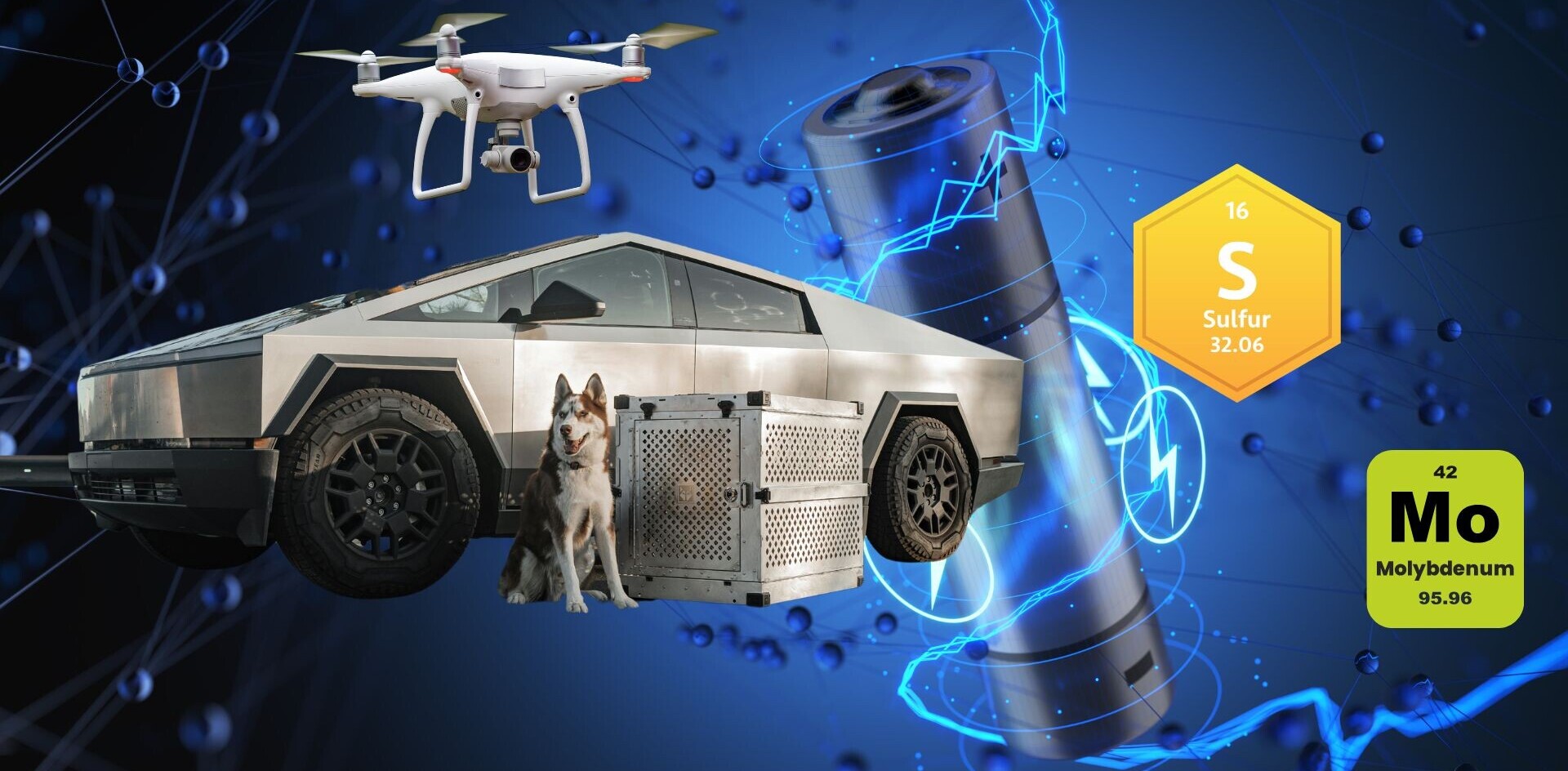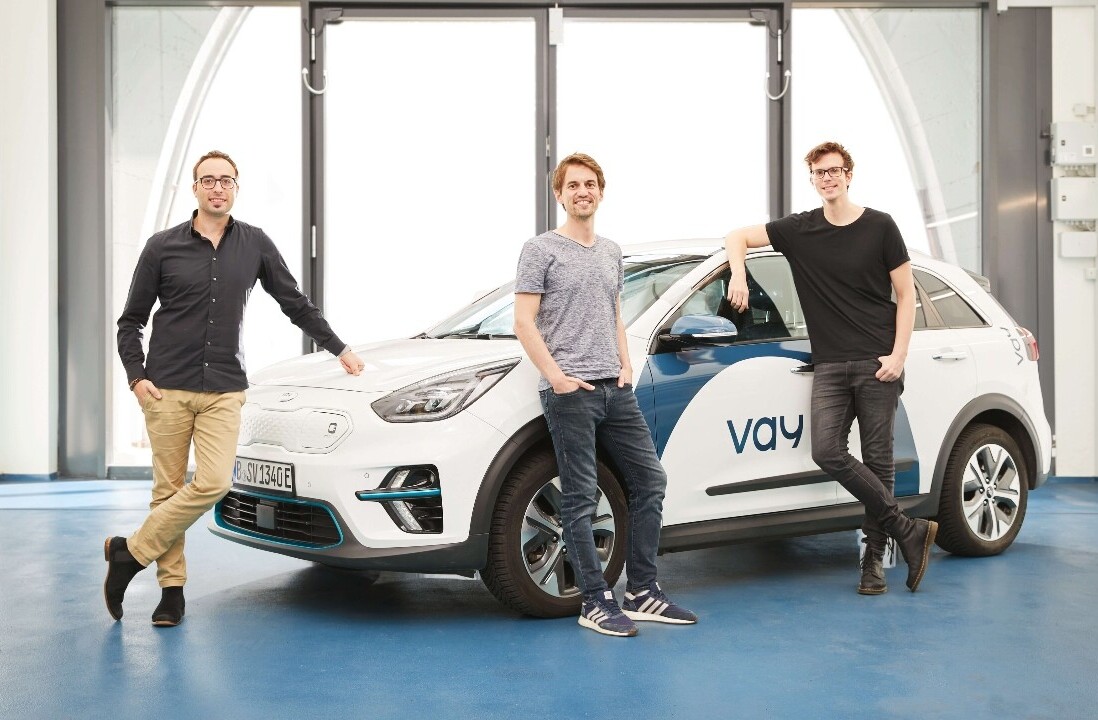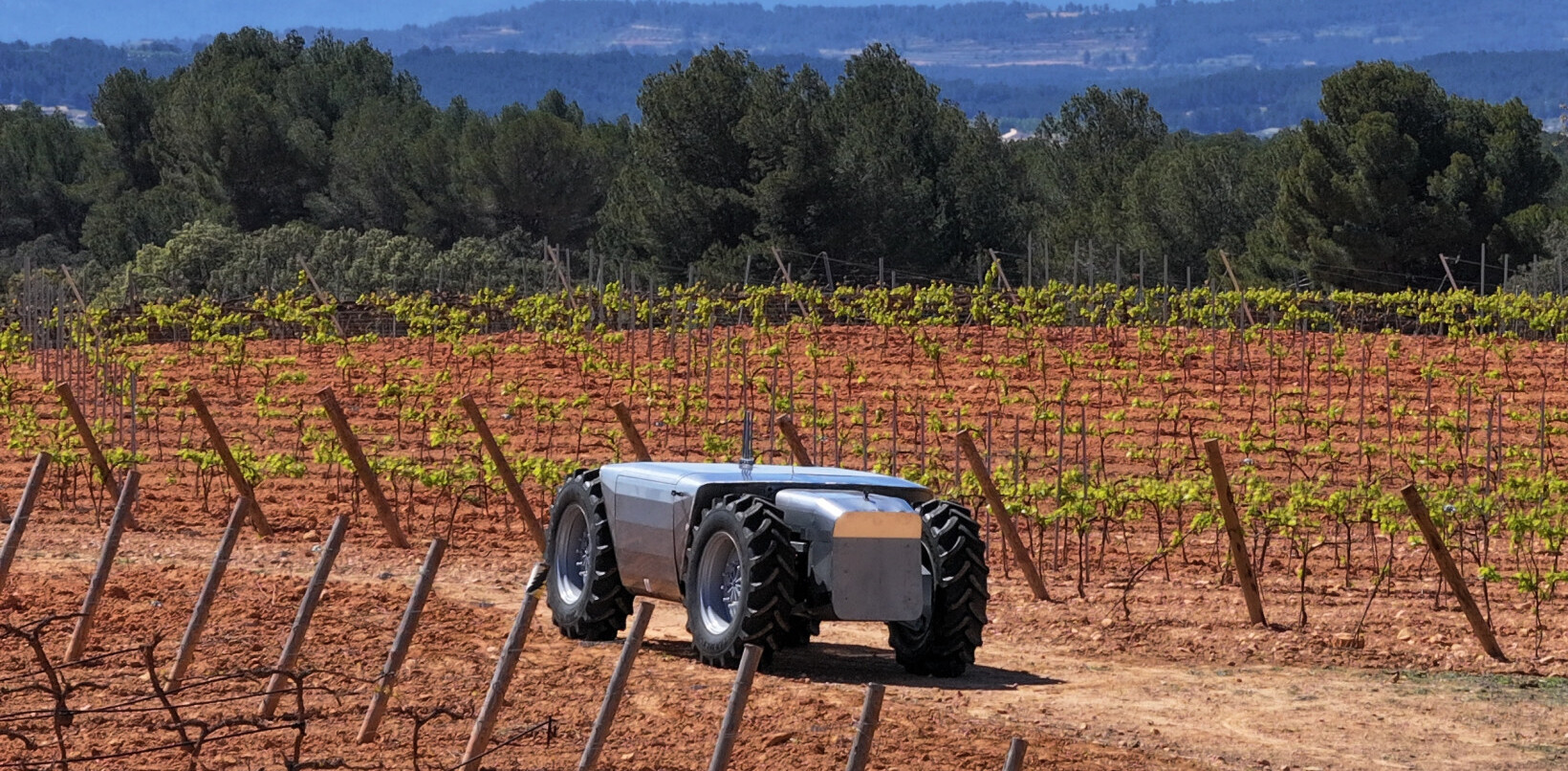
Following the release of Tesla’s Q4 2019 earnings, Elon Musk jumped on a conference call where he reportedly boasted about the company’s improvements in battery tech and what this means for range.
According to Musk, Tesla’s battery cell technology has improved and is improving at such a rate, that it won’t be much longer until it launches a 400-mile range Model S, Electrek reports.
[Read: Tesla posts first annual profit — still loses $862M]
The 400-mile range mark might sound like something of a milestone in the EV world. But it’s not actually that far away.
According to figures from the US Environmental Protection Agency, the long-range Tesla Model S has a range of just over 370 miles (ca. 595 km).

Tesla is already leading the way when it comes to high-range electric vehicles, and it’s clearly not interested in resting on its laurels.
Winning the range game
Figures from UK motoring organization the RAC Foundation indicate that most commuter journeys in the country are around 10 miles (16 km) long and the average car spends 80 percent of its time parked at home, when it can be charging.
It’s largely the same situation in the US too. The American Automobile Association (AAA) says that the average American drives less than 30 miles (48 km) per day. Whether the world actually needs EVs with extremely high ranges remains debatable.
For high mileage drivers though, Tesla’s dedication to improving range is undeniably good news. But it’s not necessarily the be all and end all of owning an EV.
Automotive industry analyst, Matthias Schmidt, told TNW that for company car drivers the financial savings can be significant enough to make range less important when choosing an EV over a gasoline car.
What’s more, for those choosing an EV for the environmental impact, it might make more sense to pick a vehicle with lower range (read smaller battery) as it will reach emissions parity with gasoline cars quicker. Depending on where the energy used to charge it comes from.
Though as a basic expectation, people expect battery EVs to have ranges that compete with gasoline cars, Schmidt added. He does expect that we’ll see EV ranges continue to grow.
Research conducted by aftermarket automotive parts supplier Euro Car Parts, found that the UK’s top selling vehicles in 2018, including the Ford Fiesta, Ford Focus, and Vauxhall Corsa were able to achieve a range of between 450 and 500 miles on a single tank in motorway driving. So, in the case of Tesla at least, EVs don’t have far to go to match the average petrol vehicle.
Obviously for daily driving, the extra 30 miles (48 km) Tesla says is coming won’t make any noticeable difference. But it does continue to demonstrate Tesla’s dedication to leading the charge when it comes to making high range EVs, and who am I to doubt Musk’s vibe?
Update, January 31, 2020, 1340UTC: This article was updated to include comments from industry analyst Matthias Schmidt.
Get the TNW newsletter
Get the most important tech news in your inbox each week.



